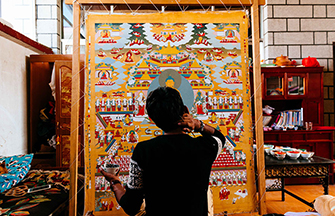A newcomer from New Zealand experiments with pop sounds
By James C. McKinley Jr. ( The New York Times ) Updated: 2012-06-18 15:46:45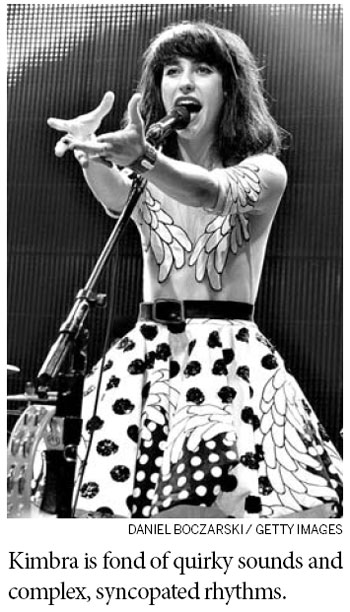
On her 22nd birthday in March, Kimbra sashayed onto the stage at Webster Hall, in her first concert in New York. She wore a short pink party dress and her hair in a retro 1960s style. She looked doll-like, but when she began her first song, "Cameo Lover," an upbeat plea to her man for intimacy, her voice was anything but innocent.
Some people began to sing along, even though the song was not on American radio, and her first album, "Vows," didn't come out in the United States until May 22. "What I was really surprised about was how many people knew the words to my songs already," she said later. Her American tour continues through July 7.
The New-Zealand-born Kimbra has had a run of good publicity in the last year. She was the talk of the South by Southwest Music Festival in Texas in March, where she impressed critics. "Vows" sold more than 100,000 in Australia after its release in August 2011, peaking at No. 4 on the Australian charts. Then she won an award for best new female artist from the Australian Recording Industry Association.
Her duet with Gotye on "Somebody That I Used to Know" has become an international hit.
"Kimbra's a real artist, and I envision her having a 15-to-20-year career," said Rob Cavallo, chairman of Warner Brothers Records, which signed her in June 2011.
Livia Tortella, a Warner co-president, said the label is building an online audience for Kimbra and broadening her exposure by having her open for known artists like Gotye and Foster the People.
"Airplay is fine, but our goal is for her to be a headlining artist by fall, and we are really close," Ms. Tortella said.
Kimbra's songs are more experimental than many pop radio tracks. She layers her vocals with a loop machine, singing underlying motifs before adding the melody and then a harmony line. She is fond of complex, syncopated rhythms, unpredictable song structures and the occasional jazz harmony. She likes to break into scat, screams, grunts and other unconventional vocal sounds.
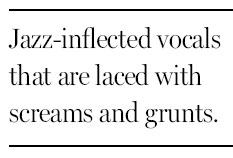
"Settle Down," her biggest hit in Australia, starts with a rhythmic vocal riff, "Boom-bah-boom-BAH," over which she sings the melody, as syncopated hand claps and sharp synthesizer chords punch in. She says she has always loved pop music, soul and R&B, but wants her own songs to "take a more progressive angle, with theatrical elements." She admires singer-songwriters, she says, who "use their voices as instruments," like Bjork, Jeff Buckley, Rufus Wainwright and Prince.
Kimbra grew up in Hamilton, New Zealand, the daughter of a physician and a nurse. She discovered the music of Ella Fitzgerald in her middle school's jazz choir, and started writing songs on guitar and doing solo engagements.
Mr. Cavallo said Warner Brothers became interested in her a year ago on the strength of the videos for the singles "Settle Down" and "Cameo Lover." The label flew her and the band to Los Angeles for an audition.
"She killed it," he recalled. "She's 22 years old, and she knows exactly what she wants every note on her album to sound like," he said.
At Webster Hall, Kimbra was electric. She leapt and shimmied, played a tambourine vigorously, flung her hair and sometimes did odd gestures. A high point came when she sang a cover of Nina Simone's "Plain Gold Ring," with its hypnotic ostinato bass. She invested the lyrics about a woman in love with a married man with a fierce sexual longing.
She is still young enough to admit, "I get very excited by Walt Disney films." These days, though, she says she finds inspiration in Christian mystics, Buddhist writings and C.S. Lewis's theological works. She was recently reading Martin Luther King Jr.'s "Strength to Love."
"I just find it really fascinating the way we struggle to find meaning in the universe," she said without a trace of irony. "It inspires a lot of my songs."
The New York
|
|
|
|
|
|
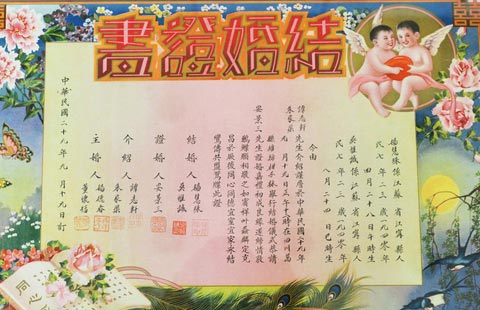

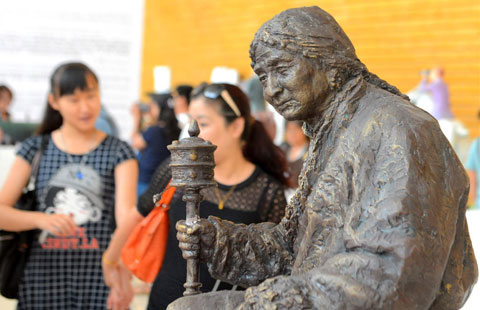


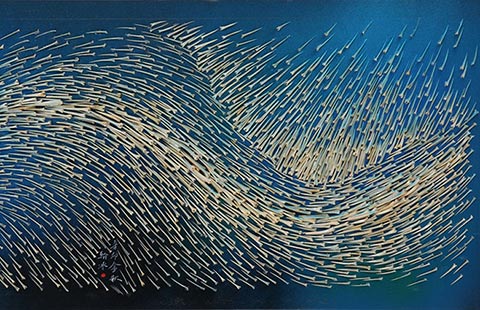



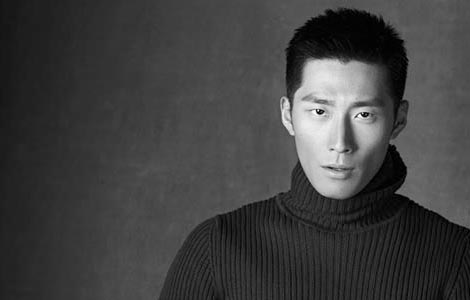









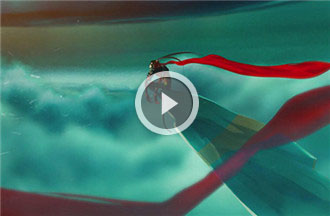

 Raymond Zhou:
Raymond Zhou: Pauline D Loh:
Pauline D Loh: Hot Pot
Hot Pot Eco China
Eco China China Dream
China Dream China Face
China Face



